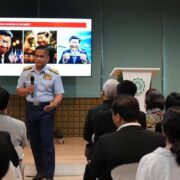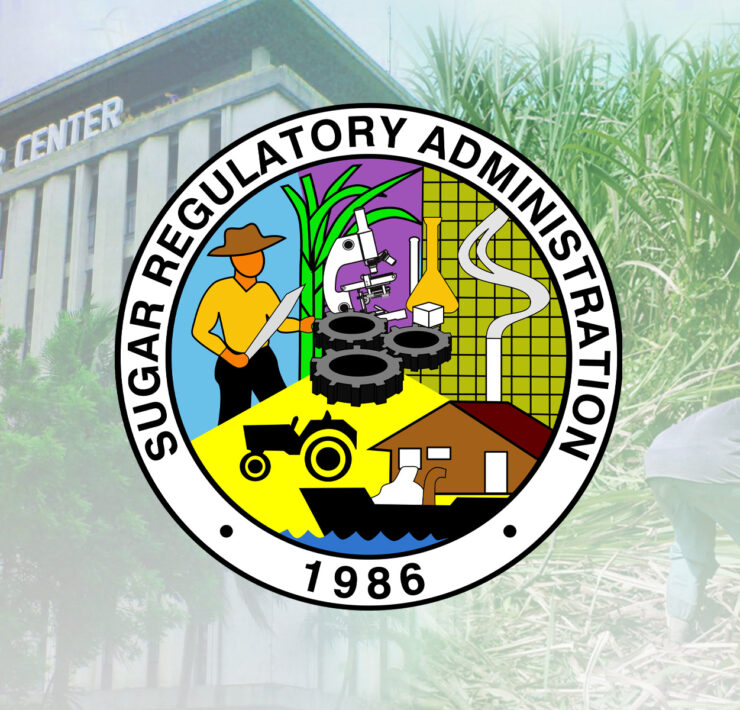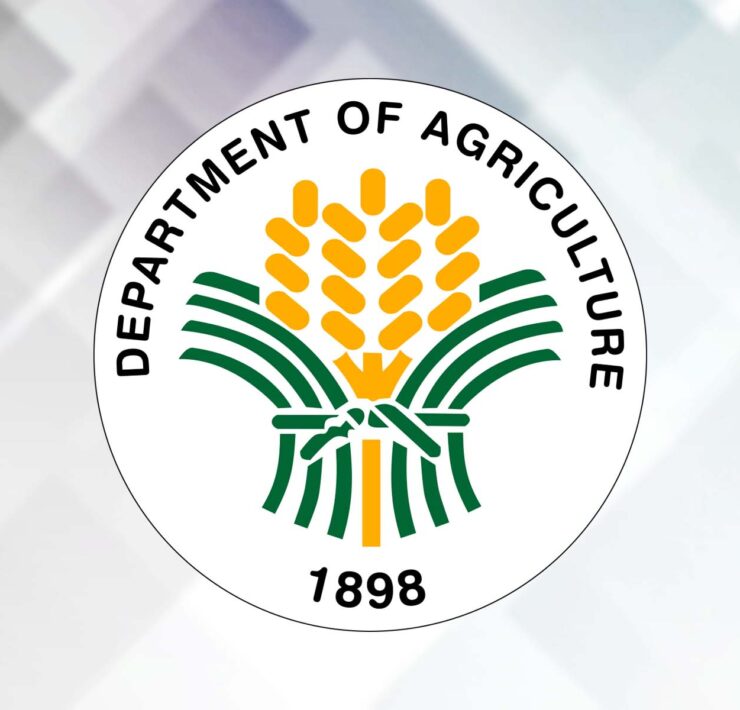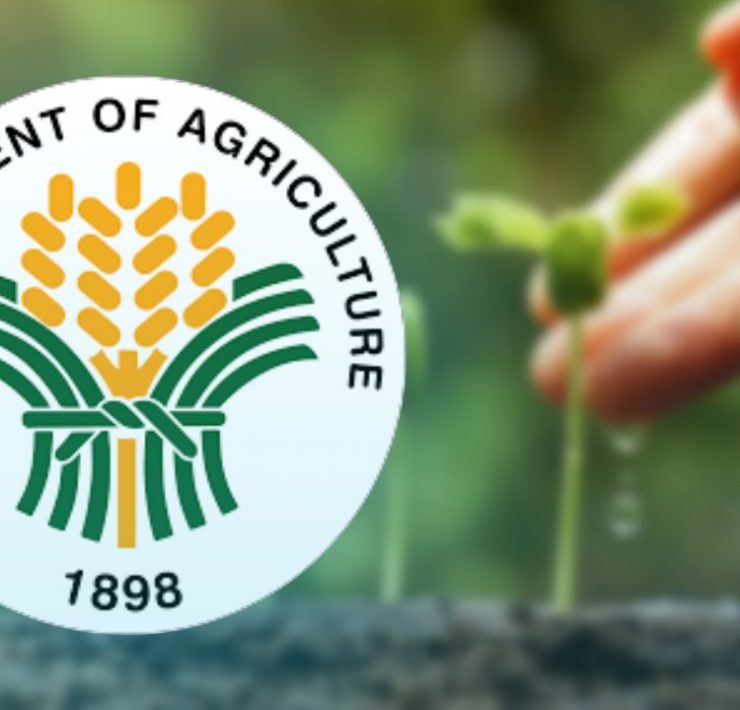Three success factors for ‘Gulayan sa Bayan’

There are three factors that can improve the effectiveness of the Department of Agriculture’s (DA’s) “Gulayan sa Bayan” (GSB). This game-changing initiative will be launched soon.
These factors are: (1) the identification and commitment of a chief executive officer (CEO); (2) the proper timing of training, which should be properly funded and required before the start of the GSB operations; and (3) the coordination between the DA’s 1,634 GSBs (covering 149 cities and 1,485 towns) and the Department of Education’s 44,965 “Gulayan sa Paaralan” (GSP) (covering 94 percent of its schools).
These suggested improvements can supplement the GSB’s implementing guidelines. They were ably formulated by Undersecretary Cheryl Caballero and signed by Secretary Francisco Tiu Laurel, Jr. last June 16.
Implementing guidelines
According to the guidelines, the GSB will establish community nurseries and community gardens to promote local vegetable production and sensitize households on nutrition security.
Among its objectives are: (1) developing scalable models for locally managed community vegetable gardens; (2) establishing community nurseries for vegetable seedling production to ensure continuous supply of quality seedlings; and (3) strengthening partnerships with governments, nongovernment organizations (NGOs), and the private sector to support community vegetable garden and nursery initiatives.
There will be an anchor group to be led by the Rural Improvement Club or other organized community association. Supplementing these well-formulated guidelines are three recommendations.
Mayors
There is an identified anchor group led by a community association leader, who can be considered a chief operating officer (COO). However, there is a need for a CEO.
We recommend that this CEO should be the Mayor. It is the mayor who can best mobilize support for the GSB.
He or she can secure the additional funding for the initial P100,000 GSB seed fund, promote this vegetable initiative as a key intervention to address malnutrition and even expand the GSBs for the wider reach that affect electoral choices.
While the private-sector leader can provide the optimal operations for effectiveness and transparency, it is the mayor who has the leadership and resources to take action on the pressing nutrition crisis among his or her constituents.,
Training
The main GSB benefit is not the GSB itself, but the GSB’s transfer of technology on effective vegetable production. In order to do this, each GSB must be equipped with the proper training. The concern today is that some GSBs may start without the required training because of a budget shortfall.
Last July 15, Director Remelyn Recoter of the DA’s Agriculture Training Institute identified two conditions for GSB’s success. The first is that the training should be done prior to the start of the GSB. Otherwise, the GSB will not be able to fulfill its main objective.
The second is that the training should not be done when the GSB still does not exist. This is because the necessary learning is not done by talking but by doing and the GSB has to be there for this to happen.
Therefore, it is critical that the timing of the training and the GSB start should be funded and coordinated in a synchronized way. This is the only way to achieve the main GSB benefit of technology transfer.
Partnership with the DepEd
While DA’s GSB has many partners, connecting with DepEd’s GSP should get high priority. The best outreach partner of the 1,634 GSB’s are the 44,965 GSPs. It is therefore recommended that in every city and town, there is a GSP identified by DepEd to be the partner of GSB as the model for technology transfer. Right now the GSPs have no clear model to follow.
After this is done, the identified GSP can transfer this technology to other GSPs in its respective area. The GSB can later have other partners that can transfer technology to their respective “gulayans.” Many are done by barangays, NGOs and church-related organizations.
With the above three recommendations supplementing the current implementation guidelines, the GSP can become a significant contributor to addressing the critical nutrition situation in our communities today.
The author is Agriwatch chair, former secretary of presidential flagship programs and projects, and former undersecretary of the Department of Agriculture and the Department of Trade and Industry. Contact is agriwatch_phil@yahoo.com.





















Mangroves matter